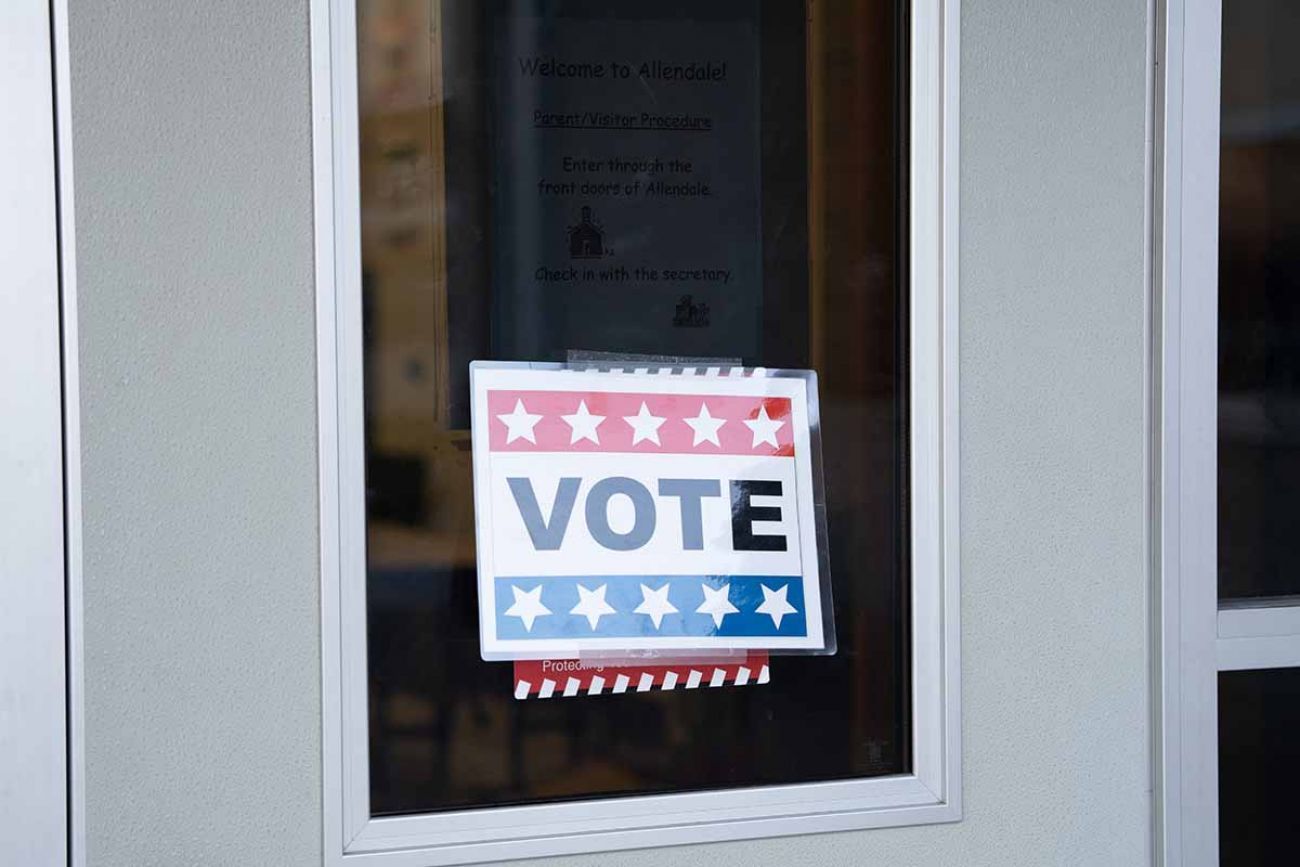Two-week recount of Proposals 2, 3 ends quietly, changes little in Michigan

Michigan’s Board of State Canvassers on Wednesday unanimously certified the results of the two-week partial recount of the November election, leading to slight changes in vote tallies for two ballot proposals and confirming the passage of both.
The recount, requested by conservative activists, required officials in 43 counties to review votes for Proposal 2, which will guarantee nine days of early, in–person voting; and Proposal 3, which creates a constitutional right to an abortion. The recount added 14 ‘yes’ votes and 20 ‘no’ votes to the totals for Prop 2; and 116 ‘yes’ votes and 7 ‘no’ votes to the totals for Prop 3, according to preliminary figures the state released Tuesday.
Related:
- Michigan recount: Big expense, very few changed votes, results show
- Experts: Michigan recounts that won’t change outcome show law must change
- Michigan Democrats eye other abortion law changes as Prop 3 set to take effect
- Michigan to recount Proposals 2, 3. ‘Fishing expedition’ won’t change outcomes
Wednesday’s hearing in Lansing lasted nearly seven hours and was mostly tranquil compared to two others following last month’s elections. Canvassers discussed 119 challenges to votes cast, determining almost all of them were valid. Some of the complaints ranged from pen marks that bled through the opposite side of ballots in Genesee County and elsewhere, and “green ink” on a ballot in Muskegon County. Another challenge involved a “crumpled” ballot in Livonia.
Jonathan Brater, Michigan’s elections director, told board members that 94 percent of the precincts targeted for recounts were recountable, meaning they had no problems such as broken security seals or discrepancies in their ballot counts.
Brater said officials encountered problems with some challengers wanting to inspect the front and back of the ballots, which was not allowed since the petition only involved Proposal 2 and Proposal 3 of the ballot.
That led to some minor disturbances, including challengers touching ballots and election materials they shouldn’t have or stepping into areas they weren’t allowed.
“We had folks raising their voice or threatening to file criminal charges or to file police reports,” said Brater. “That did slow things down in some places.”
The recount was requested by Jerome Jay Allen, a member of the Troy-based conservative group Election Integrity Fund and Force. Allen’s petition incorrectly alleged that voting tabulators were connected to the internet and that voting equipment in Michigan was not legally certified. EIF recruited and trained challengers to monitor recount sites during the process that ran from Dec. 7 to 16.
The recount fees were funded by the America Project, a national Trump-aligned group headed by former Overstock CEO Patrick Byrne and former National Security Advisor Michael Flynn.
Proposals 2 and 3 won by large margins among Michigan voters. Proposal 2 was approved by 57 percent of the vote while Proposal 3 received 60 percent for approval.
Canvassing board members Wednesday painstakingly listened to lengthy arguments from Daniel Hartman, an attorney representing EIF members, that stretched way past his allotted three-minute time for rebuttal.
The lawyer’s arguments on individual challenger cases included calling for an investigation about alleged missing envelopes for absentee ballots in Oakland County as well as complaining that a challenger had not been able to look at both sides of the ballot, a common refrain by the EIF challengers.
State canvassing board chair Tony Daunt, a Republican, warned Hartman to not go into complaints or challenges “beyond the scope” of the original recount petition.
The Board of State Canvassers originally certified the election results on Nov. 28, but the certification was put on hold after Allen requested the recounts, and the board voted 3–0 on Dec. 5 to grant them. At the time, Daunt said, “This is unnecessary, frivolous and ridiculous. … This is a fishing expedition.”
County clerks across Michigan quickly hired extra staff, some at the expense of taxpayers, to conduct the recount. There were reports of disturbances at some of the locations such as in Jackson, where Republican observers allegedly demanded to see the front and back of ballots. Some filed police reports after they were denied requests to handle ballots.
Metro Detroit attorney Mark Brewer, general counsel for Promote the Vote, argued during the morning session of Wednesday’s hearing that EIF’s complaints are part of an agenda by the group to push an agenda and that “it’s clear that Michigan voters trust the elections process.”
Brewer said Hartman and his group have “abused” the recount process and are “election deniers” who have used the recount process to “advance their own organizational agenda”.
“The voters of Michigan have spoken,” said Brewer, who echoed sentiments of others calling for the Michigan Legislature to change state law involving election recounts to prevent a baseless request that stands no chance of changing the outcomes of an election.
This article is made possible through Votebeat, a nonpartisan news organization covering local election administration and voting. Votebeat will make this article available for reprint under the terms of its republishing policy.
See what new members are saying about why they donated to Bridge Michigan:
- “In order for this information to be accurate and unbiased it must be underwritten by its readers, not by special interests.” - Larry S.
- “Not many other media sources report on the topics Bridge does.” - Susan B.
- “Your journalism is outstanding and rare these days.” - Mark S.
If you want to ensure the future of nonpartisan, nonprofit Michigan journalism, please become a member today. You, too, will be asked why you donated and maybe we'll feature your quote next time!




